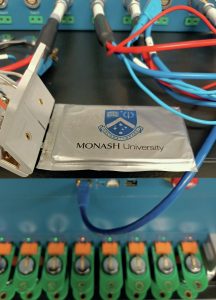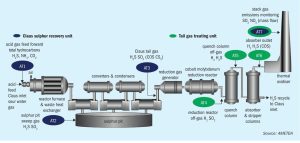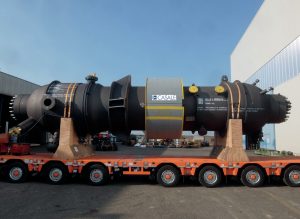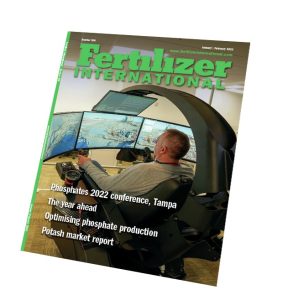People
Nutrien appointed Ken Seitz as president and CEO on 8th August. He has been the company’s interim CEO since January. Mr Seitz also joined Nutrien’s board of directors from this date. His appointment as CEO followed an extensive seven-month global search for internal and external candidates led by the board and supported by a world-class executive recruitment firm.








